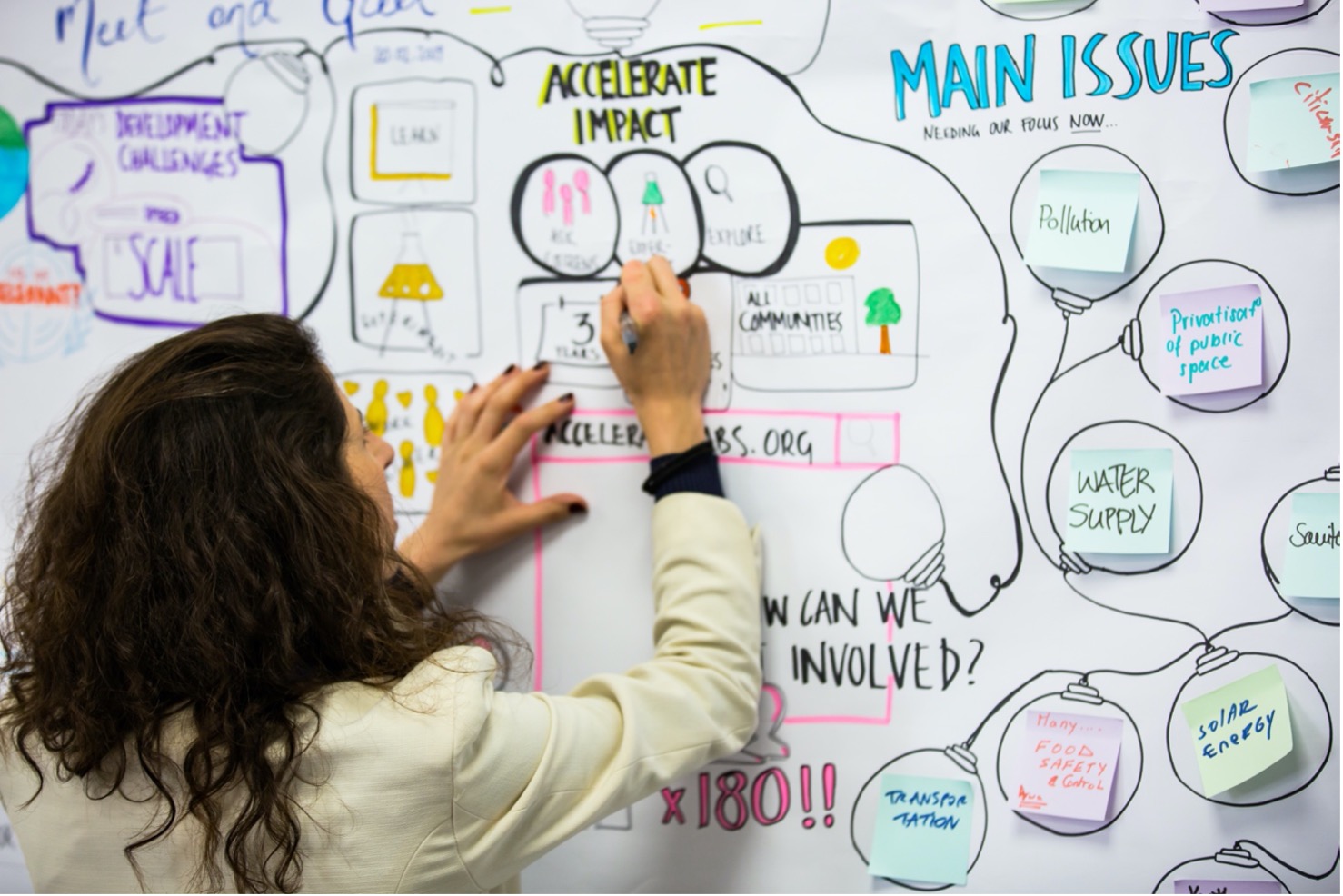Investment in women accelerates progress

This year’s International Women’s Day comes at a painful time in the Arab region. Violent conflict continues to rage in many countries, and new escalations are leading to more violence and destruction.
Women in the region bear the heaviest brunt of these conflicts.
In Gaza, women have been living under catastrophic conditions for the past 5 months because of the war. It is estimated that 9,000 women have been killed and tens of thousands wounded. Women are being widowed, their children killed, or orphaned. Around three-quarters have been displaced, often several times. Women in Gaza lack basic necessities—food, water, sanitation, and health care facilities. Increasingly, they are unable to find the means to eat or feed their hungry children, with diseases rising.
The war has also led to the displacement of tens of thousands of women in the South of Lebanon.
And in Sudan, women suffered a massive loss of lives and displacement with 13,900 killed and 8.1 million people displaced, thus far. They are also taking care of 3 million displaced children, the highest number in the world. Women in Sudan suffer due to damage of critical infrastructure, water, healthcare, and insufficient humanitarian aid in addition to many facing risks of being subjected to rape and sexual violence.
Women in Iraq, Libya, Somalia, Syria, and Yemen continue to bear the consequences of years of conflict.
Yet, women in the Arab region remain beacons of resilience. Despite the odds, they have made important achievements over the years that are worth safeguarding and advancing. Women have nearly closed the gap in educational attainment, and they constitute 48.1 percent of STEM graduates. They are entering new sectors, starting entrepreneurial activities, and opening up their own businesses. Over the past decades, there has also been progress in legal reform. Women have gained more rights in legal entitlement, labor laws, and other areas.
However, there is still a long way to go. For example, the percentage of women who are active in the economy in the region is still the lowest in the world and does not exceed 20%. Women also suffer high unemployment rates, especially young women, and are heavily engaged in unpaid care work. Social protection for women in the region is also low. Only 8.6 percent of working-age women are legally covered by comprehensive social security systems. Participation in politics remains below the global average. Women in the region still suffer from inequality in citizenship and personal status rights and inadequate access to services and justice. More needs to be done.
Systematic progress on the advancement of women and fulfillment of their basic rights and right to development cannot be achieved without an end to violent conflicts and without a lasting peace.
Militarization, proliferation of arms, and the lack of accountability and rule of law lead to an increase in all forms of violence and exploitation and deepen risks for and vulnerabilities for women.
Women are critical agents in changing their realities. Their role in the Arab region cannot be understated. Women were an integral part of liberation movements in past decades and were at the forefront of the Arab uprisings demanding change and social justice. Women’s contributions are critical for sustaining societies and communities. Their voices must be heard, including in finding solutions to complex conflicts and towards achieving justice, development, and peace.
UNDP helps governments unlock financing for development and gender equality, in expanding the fiscal space for social expenditures and works with public institutions to deliver better for gender equality. Investing in development is critical for achieving peace.
Investing in women is a necessity for development, ending conflict, and preventing conflict. Investing in women in the region now is a priority.

 Locations
Locations